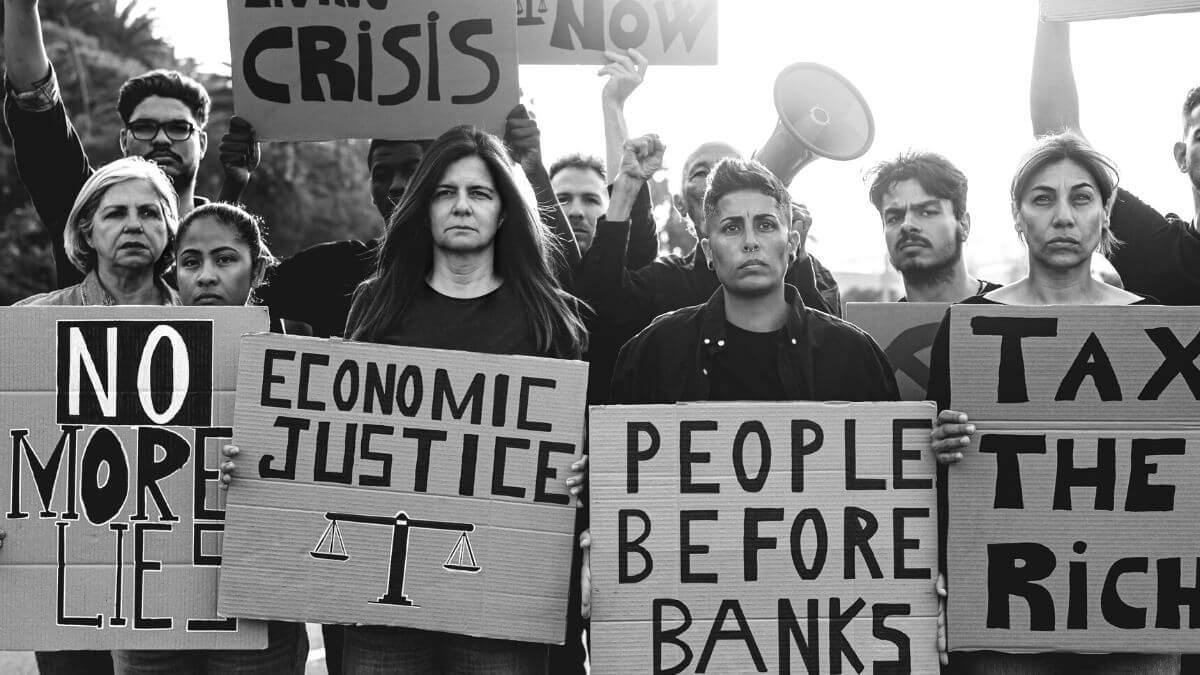Why Progressivism is not Progress
Despite what many believe, progressivism is not really about progress. It’s a leftist philosophy that believes in greater government intervention and ultimately the deconstruction of societies built upon Judeo-Christian foundations. Progressivism is the opposite of Conservatism.
Conservatives and Progressives have very different views about individuals and communities. Conservatives ask: “What can I do for myself, my family, my community, and my fellow citizens?” Progressives ask: “What is unfair?” “What am I owed?” “What has offended me today?” “What must my country do for me?” Source: www.heritage.org/conservatism/heritage-explains/the-3-big-differences-between-conservatives-and-progressives
Conservatism is about having more freedom from government, while Progressivism is about having more government control.
Progressives believe that society is inherently unfair and it can only be improved through government intervention, such as social welfare programs, regulation of business, and environmental protection. But progressives are ultimately naive and idealistic, in believing that government can solve all of society’s problems. “Big Government” has never been the solution, and never will be.
While Conservatism believes in retaining all that is good and then carefully introducing new concepts, Progressivism wants to tear everything down and start afresh. Progressives take a very critical view of our current societal beliefs, norms and institutions. Critical Theory and Cultural Marxism are embedded within Progressivism, there are many overlapping themes and connections. In fact Critical Theory is a cornerstone of Progressivism, whereas Critical Thinking is embedded within Conservatism. Two very different philosophies.
Progressives mostly downplay progress because it negates their critical theory narratives. For example: since there has been significant progress in racial equality since the 1960s then that means our society is not irredeemably racist; and if masses of people have been lifted out of poverty then capitalism is not a failure in comparison to socialism, etc. Many such rational arguments will disarm progressives. But then progressives are always comparing the present to an unachievable ideal – the perfect utopian society.
To summarise, here are some of the most common criticisms of progressive ideology:
- Ignoring the majority: Progressives are often criticised for focusing on the needs of their favoured minority groups, at the expense of the majority.
- Stifling of free speech: Many progressives are intolerant of dissenting viewpoints, intent on shutting down debate on controversial issues. Cancel Culture is an obvious outcome from progressive ideology.
- Unintended consequences: Progressive policies often have unintended consequences that can harm the very people they are intended to help. For example, raising the minimum wage can lead to job losses for low-skilled workers, and environmental regulations can increase the cost of living for everyone.
- Identity politics: Progressives are too often focused on identity politics, which divide society and make it more difficult to address common problems. For example, progressives argue that we should focus on helping ethnic and gender minorities, whereas a more sensible approach would be to focus on helping the poor and disadvantaged, regardless of race or gender identity.
- Elitism: Progressives are most often urban elitists who are out of touch with the needs of ordinary people. Many are the quintessential “champagne socialists”.
- The belief in “Big Government”, characterised by an expansive role in citizens’ lives.
- Unaffordable. Progressive policies, such as Universal Basic Income, EV rebates, free healthcare and free university studies, can be too expensive to implement.
- Naivety: Progressives are often accused of being naive about how the world works. They live in an echo-chamber that envisions a perfect utopian society.
Here is just one example of Progressivism (loaded with Critical Theory and Intersectionality). See if you can make sense of this:

**Note – This post was written by Family First staff writers.
Learn more…
www.prageru.com/video/the-progressive-movement-has-always-been-regressive






